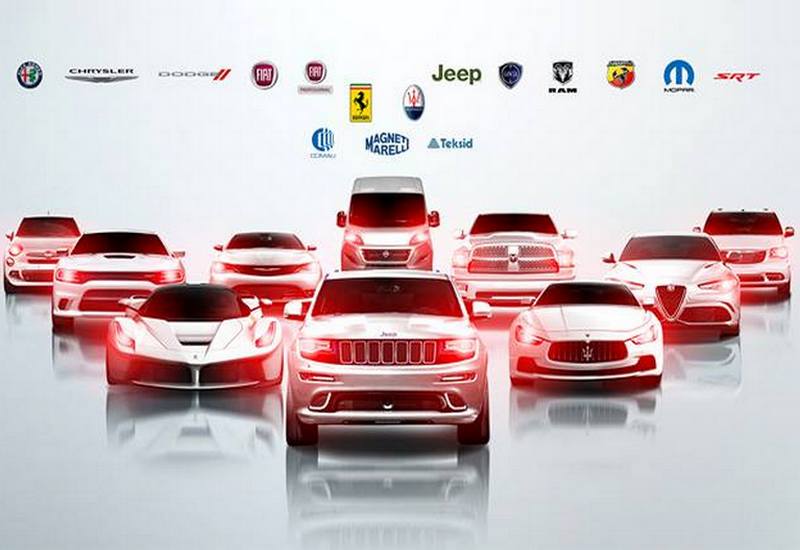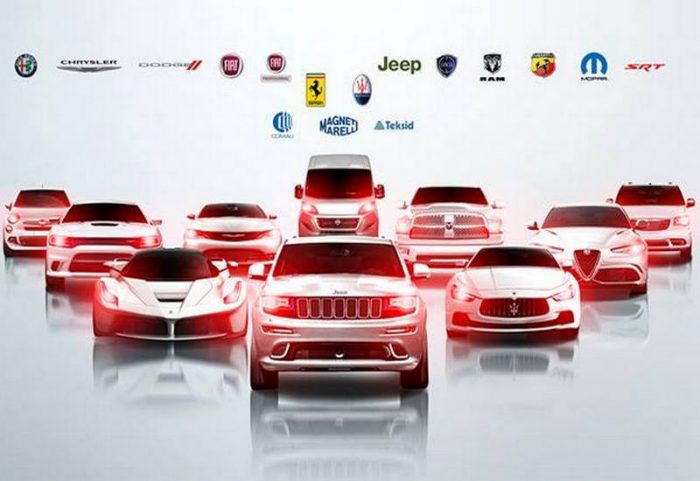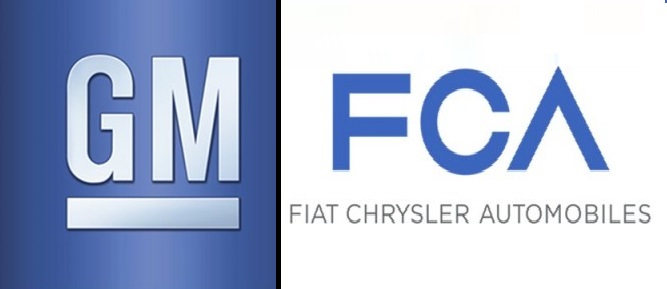Now Reading: Judge says Fiat Chrysler must face U.S. lawsuit over safety compliance
-
01
Judge says Fiat Chrysler must face U.S. lawsuit over safety compliance
Judge says Fiat Chrysler must face U.S. lawsuit over safety compliance

A U.S. judge on Wednesday stated Fiat Chrysler Vehicles NV must face a lawsuit claiming it defrauded investors by overstating its capability to comply with automobile safety laws.
U.S. District Judge Jesse Furman in Manhattan stated the car manufacturer must face claims over declarations in late 2014 that it was “substantially” in compliance, even as it was being probed by the National Highway Traffic and Safety Administration (NHTSA) for imperfections connected to 2 recalls.
Furman dismissed claims alleging Fiat Chrysler of violating accounting concepts by failing to set aside sufficient money to cover recalls it had reason to anticipate.
The judge likewise allowed shareholders to pursue insurance claims over the compliance disclosures versus Chief Executive Sergio Marchionne and the previous security chief of the automaker’s FCA U.S. unit, Scott Kunselman.
Fiat Chrysler has stated it was delighted that the judge dismissed “numerous of the more substantial insurance claims,” which it will safeguard itself against the enduring claims.
Attorneys for the investors did not instantly replied to similar requests.
The investors implicated the defendants of pumping up Fiat Chrysler’s share cost by thousands of millions of dollars from October 2014 and October 2015 by downplaying safety concerns.
They stated the imperfections materialized last year when the car manufacturer paid $175 million of NHTSA fines, and took an approximately $670 million charge for recalls.
In a 26-page decision, Furman stated reasonable investors “could, and likely would” interpret Fiat Chrysler’s statements about its security compliance as recommending that it remained in substantial compliance with “all” applicable guidelines.
He said that could be deceptive, know how the NHTSA probes had actually begun, the automaker had started better tracking of security problems, and, “after all, only months later, FCA confessed to prevalent noncompliance.”
But the judge said he would not allow a claim for exactly what he called “fraud by hindsight” for recommending that Fiat Chrysler undervalued the expense of its recalls.
“Misguided optimism is not a reason for action, and does not support a reasoning of fraud,” he informed.
Stay Informed With the Latest & Most Important News
Previous Post
Next Post
-
 01Polestar Boss Says It’s Time To Outrun BMW M And Mercedes-AMG
01Polestar Boss Says It’s Time To Outrun BMW M And Mercedes-AMG -
 02Spy Shots: 2027 Mitsubishi Pajero Spotted in Testing Ahead of Possible U.S. Return
02Spy Shots: 2027 Mitsubishi Pajero Spotted in Testing Ahead of Possible U.S. Return -
 032026 Toyota Hilux EV: A Powerful Truck with Silent Torque
032026 Toyota Hilux EV: A Powerful Truck with Silent Torque -
![2027 Mercedes-Benz S-Class Debuts with V8 Engine [Photo Gallery]](https://speedlux.com/wp-content/uploads/2026/01/2027-Mercedes-Benz-S-Class-33-155x125.jpg) 042027 Mercedes-Benz S-Class Debuts with V8 Engine [Photo Gallery]
042027 Mercedes-Benz S-Class Debuts with V8 Engine [Photo Gallery] -
 052026 Corvette ZR1 Production Surges Past Expectations as Output Clears 1,000 Units
052026 Corvette ZR1 Production Surges Past Expectations as Output Clears 1,000 Units -
 06Spy Photos: VW ID. Polo GTI Goes Electric with 223 HP and 280 Miles of Range
06Spy Photos: VW ID. Polo GTI Goes Electric with 223 HP and 280 Miles of Range -
 07The Controversial Ford Voodoo V8 That Was Killed Off Too Early
07The Controversial Ford Voodoo V8 That Was Killed Off Too Early



![2027 Mercedes-Benz S-Class Debuts with V8 Engine [Photo Gallery]](https://speedlux.com/wp-content/uploads/2026/01/2027-Mercedes-Benz-S-Class-33-700x394.jpg)










































